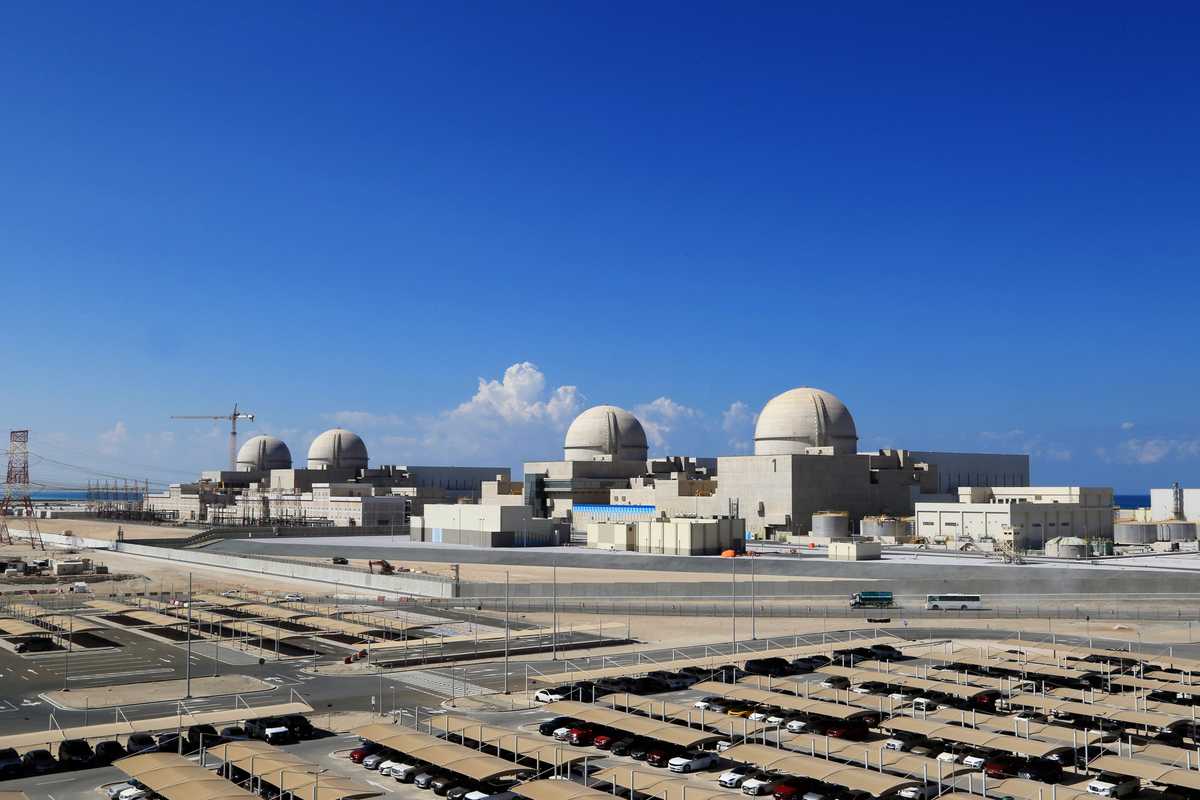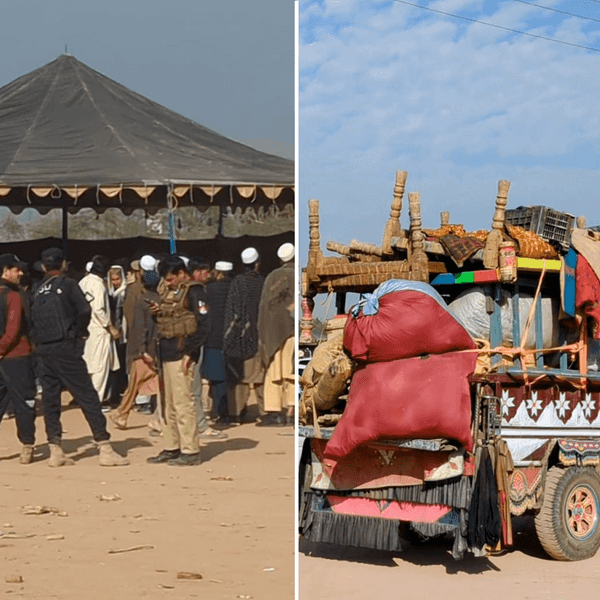UAE completes Arab world's first nuclear plant. What this means for the region's future
Barakah Nuclear Plant marks a milestone in clean energy, setting the stage for regional energy shifts and environmental goals

Ahad Alfadhli
Senior Producer
Ahad Alfadhli is a senior producer at Nukta with more than ten years of experience across television, social media, and digital platforms. Her work spans daily news and original features, with a focus on creating sharp, compelling stories that resonate with today’s audiences.

The Barakah Nuclear Power Plant in the Gharbiya region of Abu Dhabi.
AFP
The United Arab Emirates announced on Thursday the completion of the Arab world's first nuclear power plant, calling it a "significant step".
Barakah: UAE’s nuclear milestone explained
The Barakah Nuclear Energy Plant, located in Abu Dhabi, is now fully operational with all four reactors, the Emirates Nuclear Energy Corporation (ENEC) said in a statement.
Barakah, meaning "blessing" in Arabic, began operations in 2020 when the first of its four reactors was activated.
The plant will generate 40 terawatt-hours of electricity annually once its fourth and final reactor has entered commercial operation. To put that in perspective, it’s enough to meet 25% of the UAE’s electricity needs — almost the same as New Zealand’s entire annual consumption.
Barakah's environment and economic upside
Barakah’s energy output is like powering 16 million electric vehicles each year. It’s a major boost in reducing carbon emissions, supporting the UAE’s net-zero target by 2050, and making a significant dent in the country’s carbon footprint.
The plant is not just an environmental win; it’s an economic one too. It’s expected to save $8 billion in natural gas costs and marks a 13-year low in gas consumption for power in Abu Dhabi. By cutting 22.4 million tons of carbon emissions annually -- equivalent to taking 4.6 million cars off the road each year -- it contributes to 24% of the UAE’s 2030 decarbonization goals.
Major companies such as the Abu Dhabi National Oil Company (ADNOC), Emirates Steel, and Emirates Global Aluminium will be powered by the plant.
UAE President Sheikh Mohamed bin Zayed Al Nahyan praised Barakah’s completion as a "significant step on the journey towards net zero.” UAE’s Minister of Energy and Infrastructure Suhail bin Mohammed Al Mazrouei emphasized Barakah’s role in achieving the country's net-zero target by 2050.
UAE’s energy shift: What’s next?
The UAE, a top oil producer with OPEC, isn’t slowing down its investments in renewable energy. By 2050, it plans to for nearly half of its energy to come from clean sources. Last year’s COP28 climate talks, held in Abu Dhabi, emphasized the country’s commitment to moving away from fossil fuels — a huge shift for a nation still heavily reliant on gas-powered stations.
But it’s not just nuclear. The UAE is also home to one of the world’s largest solar plants, located just outside Abu Dhabi. Together, these efforts are setting the stage for a cleaner, greener future.
Is nuclear energy the future for UAE and the region?
That’s still up for debate. The Barakah plant is expected to run for 60 to 80 years before being decommissioned, according to the International Atomic Energy Agency. The UAE has consistently maintained that its nuclear program is strictly for peaceful purposes—no nuclear weapons, no reprocessing technologies. Just clean, reliable energy.
And the UAE isn’t the only country eyeing nuclear. Neighboring Saudi Arabia, the world’s largest oil exporter, has also signaled its intent to go nuclear. The region’s energy landscape could look very different in a few decades—and the UAE’s Barakah plant may just be the start of that transformation.
(With input from AFP and WAM)







Comments
See what people are discussing